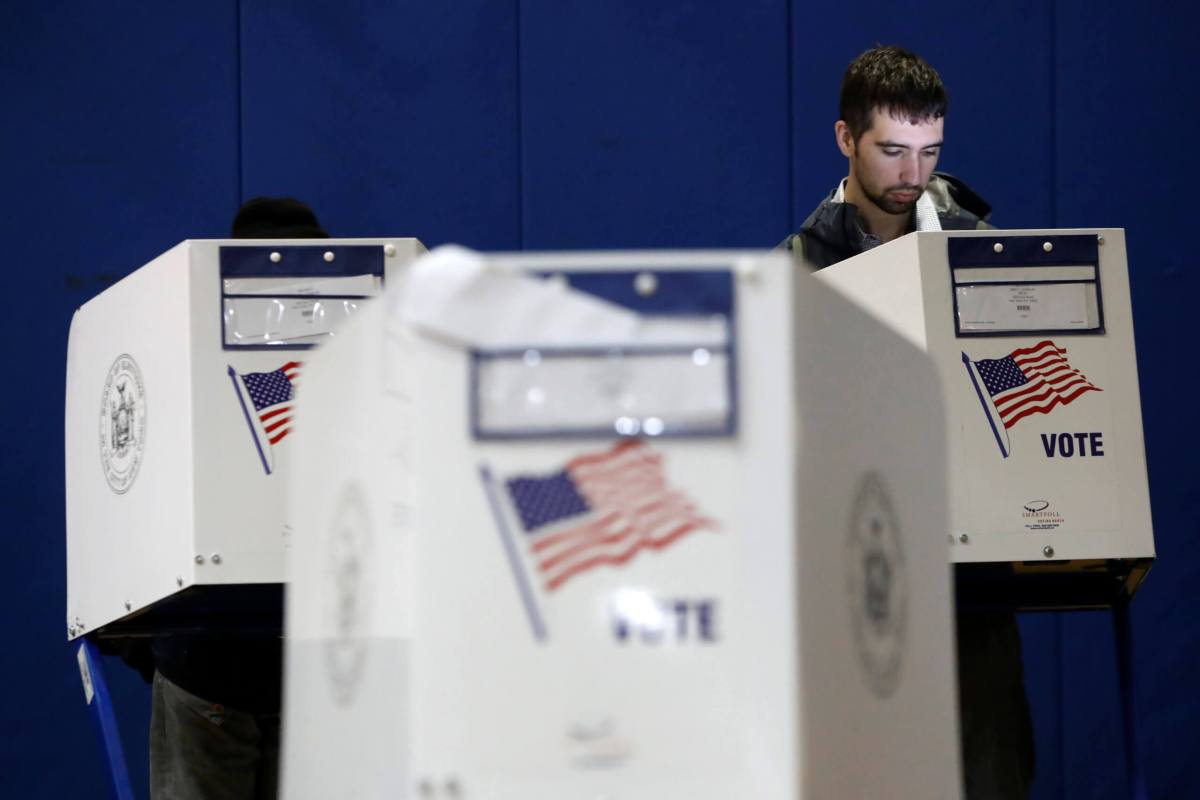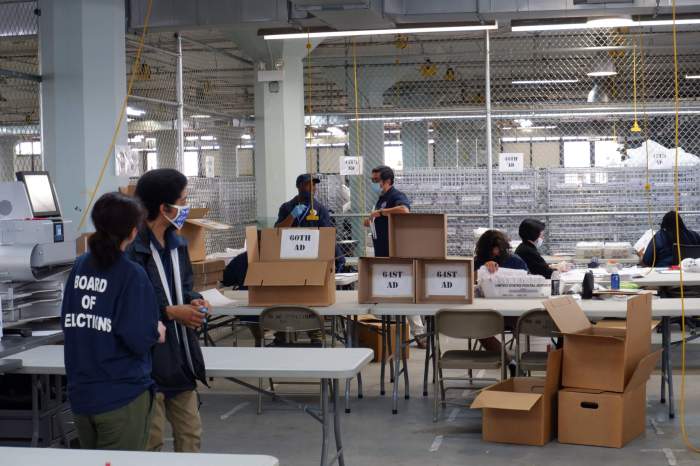Last year, if I may help you recall such distant times, voters overwhelmingly approved a charter revision to implement Ranked Choice Voting (RCV) in New York City primary elections.
Ranked choice voting is, in essence, an instant runoff. That means you don’t just vote for one candidate in each election but indicate a priority among the candidates. So, if a candidate wins a majority of votes in the first tally, that candidate is the winner. However, if no candidate wins a majority, the person with the fewest votes is eliminated, and the second-choice of those voters would receive their votes. The process continues until there is one candidate who has received more than 50 percent of the votes.
A perceived benefit of RCV, as seen in places where it has already been implemented, is that it forces candidates to craft a platform and persona that can appeal sufficiently to a broad range of voters. Those majoritarian requirements end up discouraging the negative campaigning that may hurt an opponent but make the opponent’s backers unlikely to make the naysayer a second choice. It also allows expressing your true preference for an unlikely choice without feeling that you are throwing away your vote.
Well, if you didn’t immediately understand all that, you’re not alone. Last month, most of the Council’s Black, Latino and Asian Caucus sent a letter to Council Speaker Corey Johnson seeking to delay its implementation due to likely voter confusion. This week, the City Council held a hearing on the matter. As I am writing, news broke that six New York City Council members filed a lawsuit stating that that the Board of Elections and its Campaign Finance Board had violated the law by failing to adequately explain the software that will be used to tabulate the votes and by failing to conduct a sufficient public education campaign to familiarize voters with the new system. For that reason, the RCV voting system should not be implemented yet, as it will amount to the disenfranchisement of voters.
These are legitimate concerns as we don’t want to disenfranchise anyone, and it’s understandable that in the time of COVID-19, people haven’t been overly worried about the 2021 mayoral election. However, we also don’t want to make a habit of overruling something three-quarters of voters citywide supported last November. Remember the uproar when we changed the referendum rules for Mayor Michael Bloomberg?
A better alternative would be to move the primary election date, now scheduled for June, on a one-time basis back to September, which had been the traditional primary date.
This calendar shift would allow more time to review the software and for voter education on RCV while also preserving the clear will of voters who supported RCV last year. It also would allow — assuming there is a wide distribution of the COVD-19 vaccines — for a bit of “normal” in-person campaigning. This would, in turn, enable more voter education as to who is running for office instead of just finding out about them from local news, virtual meetings, forums, and candidate mailers.
Unfortunately, moving the primary date isn’t even under the city’s purview and would require state legislation. When this remedy occurred to me, I was able to speak to someone who just won an election during a pandemic, state Senator-Elect Jabari Brisport. I was encouraged because he thought it was a good idea and made the point that September would allow teachers, such as himself, to campaign when school is not in session.
I never get my hopes up when it comes to Albany taking swift action. However, the legislature is getting younger and more agile with each election cycle. I think adjusting the election calendar to avoid overruling voters and enabling greater voter education would appeal to them. It would be a step towards a more inclusive democracy and, as the late Governor Al Smith said, “All the ills of democracy can be cured by more democracy.”























